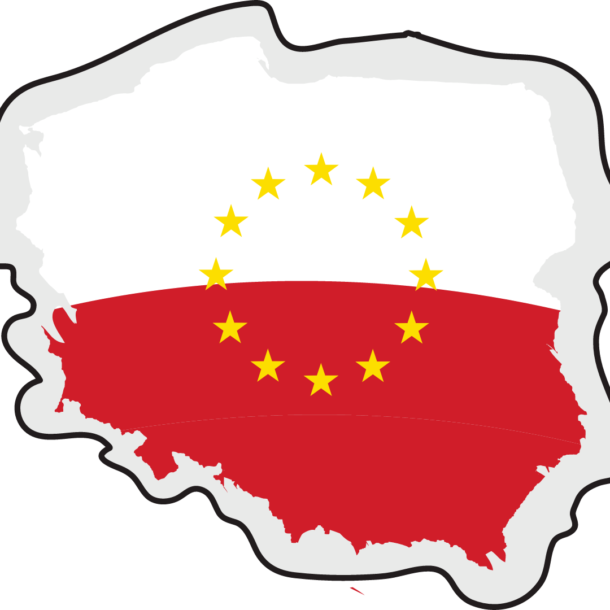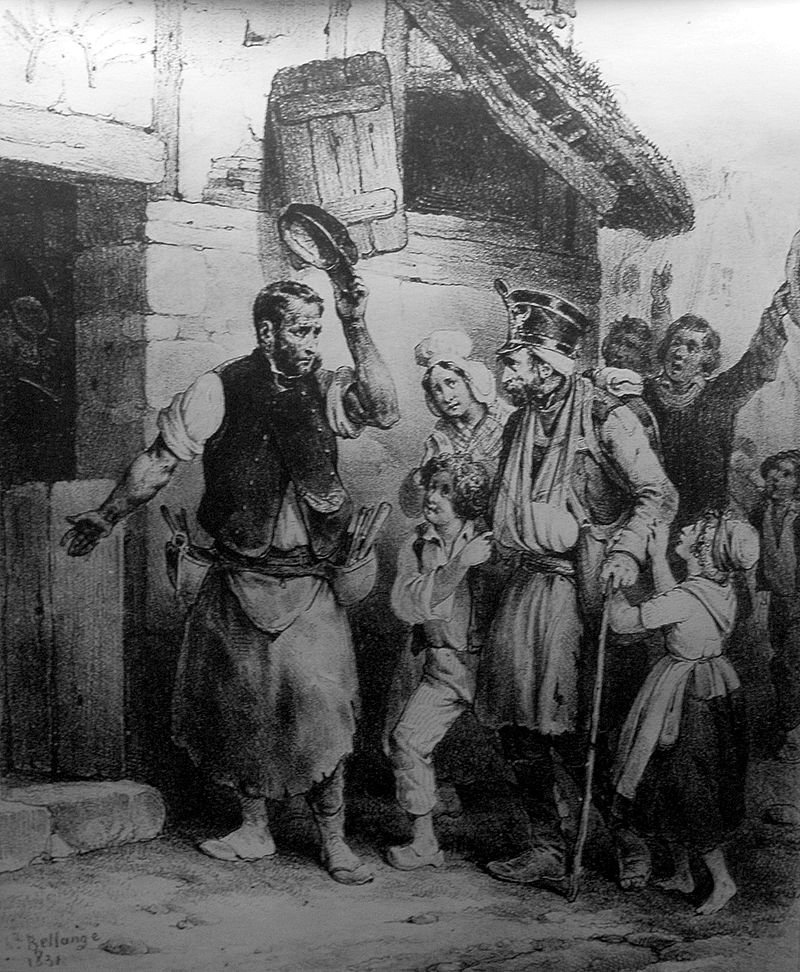The Polish Citizenship Confirmation procedure is one of three ways of securing Polish Citizenship – which is also European citizenship. The other two are Presidential grant and residency. As the grant has, especially nowadays, a very low success rate, and the residency is most often brushed aside due to the requirements linked to it, the confirmation is the most efficient way to secure one a Polish-European citizenship. The only requirement is having Polish ancestry.
This article was originally featured in the Polish Genealogical Society of America’s “Rodziny”.
Who can apply for Polish citizenship?
The theory behind Polish citizenship is that it is automatically inherited from parents to children – the so-called Rule of Blood (Ius Sanguinis). This means that your family could still hold Polish citizenship after many generations, without living in or visiting Poland, knowing Polish, or even confirming the citizenship previously. Polish citizenship was introduced on the 20th of January 1920, as Poland only regained independence in November of 1918. Before that, there was no Polish state nor citizenship. If you are interested in this method of confirmation of citizenship, please make sure your ancestors either emigrated after January of 1920 or while abroad, reported to the Polish Consulate to claim their newly established citizenship.
Polish Citizenship by descent is a birthright – one just has to be wary of possible loss of citizenship due to various legal regulations being in force in the 20th century. Navigating through them could be quite a challenge – this is why most applicants often choose the assistance of Polish-based firms that assist with building the applications. They employ specialists that not only know each of the citizenship laws (1920, 1951, 1962, and 2012) from memory but also are familiar with all recent judicial decisions that could have a serious impact on the final decision made by the clerk working for the government. Such knowledge is developed in course of dealing with hundreds of applications, each with different documents and family histories.
Polish citizenship confirmation documents
Presenting proof of ancestors being Polish citizens is the most important step. This requires an original document issued by the Polish central or local government that either states citizenship or confirms residency. It could be old and expired – even better if it is! It just has to prove one of your ancestors held citizenship in the past or lived permanently in Poland, which up to 1945 was almost always equal to having citizenship. If such documentation cannot be found in the family archives, we are here to help. Many state archives in Poland still have just the right documents to prove citizenship status – population censuses, domicile records, tax and military records, voters lists, indexes, and questionnaires related to old Polish passports and IDs. As pre-war Poland reached far into present-day Ukraine, Belarus and Lithuania, sometimes there is a need to approach archives there. Most of the records were not transferred between Eastern Bloc countries when the borders changed in 1945. For Lwów, Stanisławów, Nowogródek, and Wilno records – which were populous cities of the Second Polish Republic – one has to act outside of modern Polish borders, whilst still proving Polish Citizenship (and not Ukrainian, Belarusian, or Lithuanian ones).
Final steps of confirming the citizenship
If the loss of citizenship did not happen and the main proof is ready, the journey forward becomes much less intimidating. A citizenship application, consisting of gathered documentation and filled-in government forms is brought forward. At the same time, birth and marriage (for married applicants) are being registered in Poland – each name change and marital status change has to be registered. The process is quite time-consuming, mostly on the part of the Polish government, and in current conditions can take even half a year, but once the review is completed the Polish Citizenship Certificate is issued. It is final proof that one is a citizen of Poland, and consequently, the EU. With this document remaining steps become a formality, as no one can deny you a Polish passport. The certificate, along with registered vital records and filled-in PESEL and passport forms can be exchanged for the passport at any Polish consulate. If you are using professional help, your proxy can fill those forms for you too, you would just have to sign them. You can choose the consulate that is closest to you – please just remember you will have to collect the passport at the same spot, 4 to 5 weeks after. It also has to be Consulate General and not Honorary Consulate, which is dealing only with matters connected to the Culture and Heritage of Poland. Having the Polish/EU passport in your hands is a moment for celebration – you can now enjoy all the privileges reserved for European citizens!
The presidential grant
If you do not fit the requirements of the Polish Citizenship by descent – Confirmation of Polish Citizenship, you can always aim at the presidential grant. The president of Poland has special powers allowing him to grant citizenship to any person. The decision is completely arbitrary, so the applicant doesn’t necessarily even have to have Polish ancestry or meet requirements put forward by other methods. It is generally advised though to present a strong connection to the Polish state or nation, in the forms of letters of recommendation, proof of working with/for Polish NGOs, affidavits from notable Polish public figures, etc. Knowledge of the Polish language is definitely a strong point too. It could be understood as a proper PR case – the better your connection to Polishness is, the better. Regardless, it takes about 2 years to be processed by the presidential chancery and you cannot really ask for follow-ups or updates. If rejected, you cannot also ask for a legal basis, as this is presidential power and the application can be rejected without providing a reason.


Top site ,.. amazaing post ! Just keep the work on !